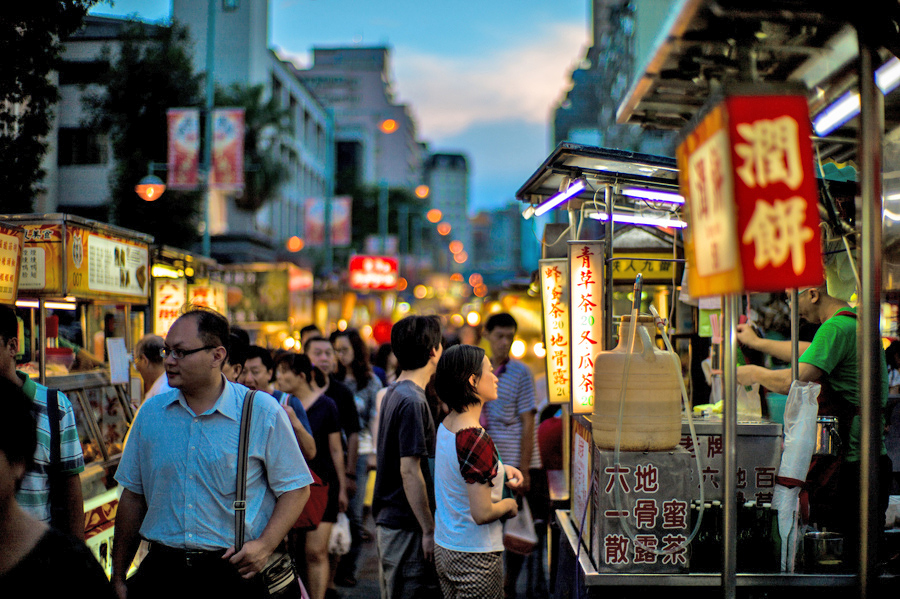Urban literature struggles to keep pace with rapidly changing society

Urban literature is emerging as urban life replaces rural life as the main lifestyle for Chinese people.
Urbanization is transforming modern China. The traditional rural lifestyle is giving way to more urban modes of living, affecting culture in the process. However, urban literature, which could have flourished with the rising of cities, was underdeveloped. Thus, finding ways to nurture urban literature has become a key topic among researchers.
Definition
Writers and critics usually use “city literature” and “urban literature” interchangeably to describe the relationship between urban environments and literature. But what is city literature? Bai Ye, a research fellow at the Chinese Academy of Social Sciences, said that city literature is set in modern times. It shapes characters and lives in modern cities and reveals the unique sentiments and spirit of city life.
For a long time, the boundaries between “urban literature” and “city literature” have been blurred in academia. The two concepts are interchangeable in practice. However, Zhang Guangmang, a professor from the School of Liberal Arts at Nanjing University, said he believes that urban literature differs from city literature. In his view, a “city” refers to a metropolis or big city, while “urban” is a broader term. Urban areas include big cities as well as small and medium-sized cities. Zhang also contended that city literature emphasizes the tastes, elements, mentalities and spirit of cities. Urban literature stresses the integration of politics, economics and culture of a city, while exploring the impact of urbanization on human nature.
Poor quality
City life affects people’s living experiences, while changing their views on ethnicity and reconstructing the national culture. In this sense, literature of any great nation should reflect major events that profoundly affect the nation’s history. These works represent the breadth and depth that national literature can achieve. They also demonstrate the artistic vitality of national literature, said Zhang Conghao, a professor from Jilin University.
However, some scholars said that urban literature in China is still struggling. Although there are many works of urban literature, few of them express novel themes or ideas.
The biggest problem facing urban literature is the similarity and categorization of characters, said Xie Xiaoxia, a professor from the College of Arts at Shenzhen University. Urban literary works have many limitations and problems. Most works focus on depicting the lives of social elites and middle class men and women who are struggling in their desires, yet fail to demonstrate the real living conditions and unique spirit of individuals in the city.
Solutions
Urban literature can further broaden the expression and aesthetics of Chinese national literature, and offer a medium through which the modernity of Chinese literature could be presented. It provides the public various choices in terms of aesthetic pursuits, paving the way for the emergence of a new aesthetic sensibility, said Jiang Shuzhuo, a professor from the Chinese Language and Literature Department at Jinan University.
However, urban literature today is either dedicated to describing the feelings of petty bourgeoisie life, lacking a grand view, or giving an exaggerated description of lower-class people based on assumptions. Writing topics are also repetitive because most of the writers approach social reality only through mass media.
Zhang argues that urban literature can only become mainstream literature by keeping pace with expanding urban areas and rising urban culture. Writers ought to elaborate on the convenience and social progress brought by urbanization, and investigate people’s mental and spiritual changes, which came along with those social changes.
Writers not only have to probe into urban life but also broaden their horizons and become courageous enough to illustrate the lifestyles and sentiments that are unique to urban life, while focusing on spiritual pursuits and struggles, said Tan Zheng, a professor from the College of Foreign Languages and Literature at Fudan University.
Liu Yongjie is a reporter at the Chinese Social Sciences Today.
